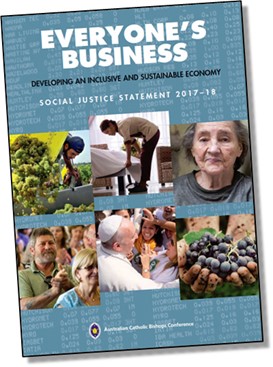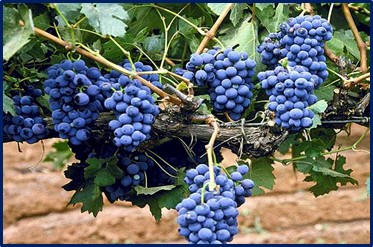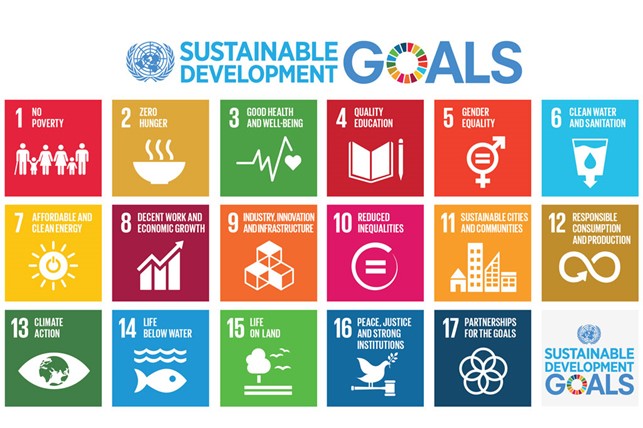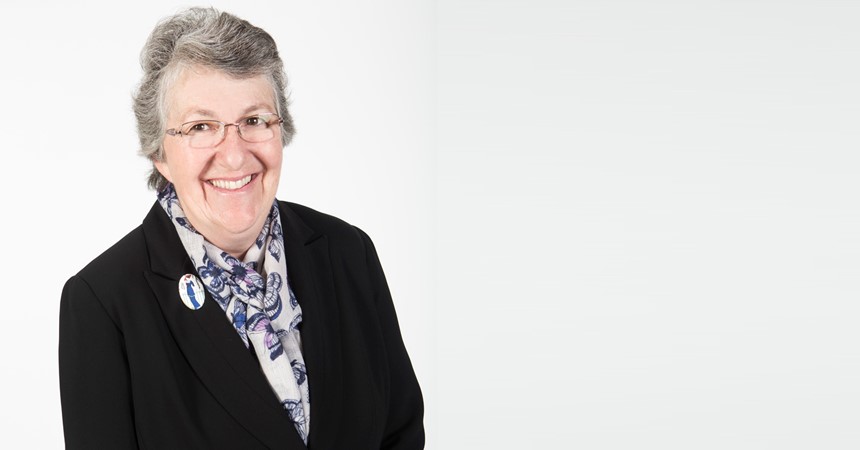I have been to the Mosque at Mayfield quite a few times and what strikes me is the community nature of the Centre. It appears to be always open, with people coming and going from the Mosque for prayers, conversation and hospitality. They have experienced a very open and busy week and have shared generously with the community. It is good to be developing relationships with people of other faiths. At the International Day of Peace those who gathered were from a number of backgrounds – Muslim, Catholic, Anglican, Uniting Church, Sikh, the police, government departments and politicians – these are just the ones I recognised. One of the impressive parts of this peace gathering was the series of short talks given by three San Clemente High School students, on different aspects of peace. One broke open our Christian scriptures, one spoke about restorative justice, while the other spoke of the school’s positive education program. They were great ambassadors for their school, and I could not help but think of the impact that speaking to a group of adults about peace may have had on them as part of their life’s learning.
On Friday night, I went along to the Uniting Church at Jesmond, which hosted a presentation as part of the Week of Prayer for Peace in Palestine and Israel. The title of the presentation was Give Peace a Chance and the presenter, Stuart Mills spoke of the dialogue over the past four years between some members of the Uniting Church in Sydney and the Jewish community, leading eventually to a Jewish and Christian group visit to Israel and Palestine. It has taken years to build up trust.
Upon reflection about the week, I believe it is important that we continue to invite people into safe places in which relationships are possible through deep and respectful listening. It is in these places where ideas and imaginations are sparked, harmony experienced and peace created. Some people are called to create big spaces of peace, while others of us assist in creating these small and yet significant opportunities. Of course I am often disappointed by the small numbers who attend, but slowly we are building safe communities.
Sunday 24 September was Social Justice Sunday, when the Social Justice Statement for 2017-18, Everyone’s Business – Developing an Inclusive and Sustainable  Economy, was made available in our parishes. If you have not seen a copy, you can go to the website, www.socialjustice.catholic.org.au and download the Statement, as well as the Ten Steps brochure, the prayer card and the PowerPoint/YouTube presentation. I encourage you to obtain a copy of this, to read, ponder and discuss. If an inclusive and sustainable economy is everyone’s business, then you must be informed and consider the options available to you, our church, the community, our nation and indeed the world. The Diocesan Social Justice Council will explore how to break open this statement further over the next twelve months. At this stage, we are thinking about holding a forum on poverty. On the last page of the Statement we are invited to consider:
Economy, was made available in our parishes. If you have not seen a copy, you can go to the website, www.socialjustice.catholic.org.au and download the Statement, as well as the Ten Steps brochure, the prayer card and the PowerPoint/YouTube presentation. I encourage you to obtain a copy of this, to read, ponder and discuss. If an inclusive and sustainable economy is everyone’s business, then you must be informed and consider the options available to you, our church, the community, our nation and indeed the world. The Diocesan Social Justice Council will explore how to break open this statement further over the next twelve months. At this stage, we are thinking about holding a forum on poverty. On the last page of the Statement we are invited to consider:
On Social Justice Sunday, and over the year ahead, we call on members of the Catholic community and broader society to consider where the economy serves us well and where it fails.
Who are the ones excluded by the economy of today’s world? What is their experience and what do we need to do to ensure the economy works for every person and for society as a whole? The answer is before us, in our streets and our communities, in the many groups who have been disadvantaged by the operation of the economy.
The Gospel reading for Social Justice Sunday begins with another of the parables of Jesus, ‘The Kingdom of heaven is like a landowner going out at daybreak to hire workers for his vineyard.’ It speaks of the landowner hiring workers throughout the day and then giving each of them one denarius, which was equivalent to a minimum daily wage.
The phrase, the Kingdom of Heaven, reminded me of the many times we hear this phrase throughout Matthew’s gospel. I will remind you here of some of these sayings from Jesus’ parables:
The Kingdom of heaven is like:
- The seed that was sown
- The mustard seed
- The yeast
- The treasure hidden in the field
- The merchant in search of pearls
- The net thrown into the sea
- The landowner
- Compared to a king who gave a wedding banquet for his son
- The ten bridesmaids.
Jesus is appealing to his disciples, his listeners and to us to imagine the breadth of the kingdom of heaven. In the Lord’s Prayer, we pray for, ‘Thy Kingdom come’. Our actions of mercy, justice and peace bring about this kingdom as a present reality, not a distant far off place to be realised when we die. I trust that at the end of my life, the enormity of this Kingdom will be revealed.

I think the United Nations Sustainable Development Goals serve as a powerful reminder of the requirements for the realisation of kingdom of heaven, now.
I think these goals are based on the Principles of Catholic Social Teaching;
- The Common Good
- The Dignity of the Human Person
- Preferential Option for the Poor
- Solidarity
- Stewardship of Creation
- Subsidiarity and Participation
I wonder what our ethic or principle is, for pursuing whatever it is that is important to us. I wonder what principles are important for our politicians, our religious leaders or leaders in organisations. I have no doubt we all need guiding principles that underpin the decisions we make and the way we live our lives.
This year’s Social Justice Statement once again challenges us to explore our thoughts, words and actions. As Pope Francis states:
Before all else, I would restate my conviction that a world economic system that discards men, women and children because they are no longer considered useful or productive according to criteria drawn from the world of business or other organisations, is unacceptable, because it is inhumane. This lack of concern for persons is a sign of regression and dehumanisation in any political or economic system.
Is our Australian economy founded on justice that honours the dignity of every person? Are we able to move beyond the individual to seek the well-being of the other and or creation? Can we achieve inclusivity for all?
I have no doubt that our task as Christians is enormous. Let’s continue to pray to be instruments of God’s love, truth, compassion, mercy, justice and peace.

